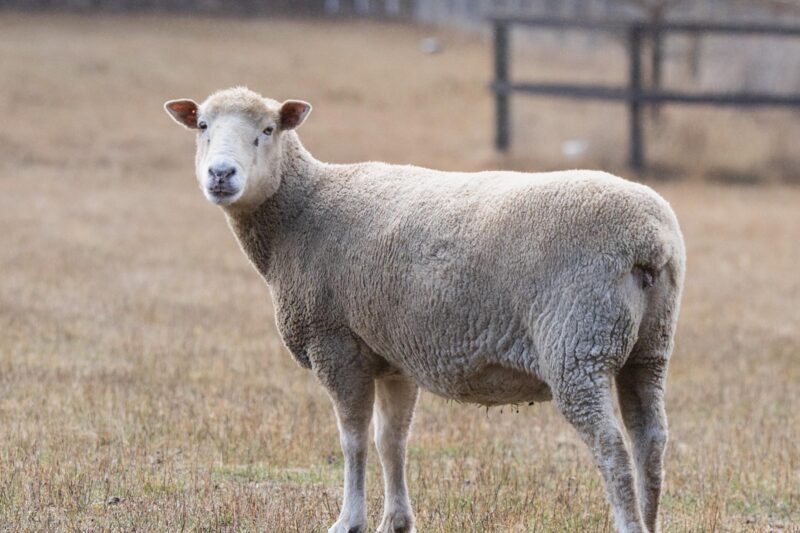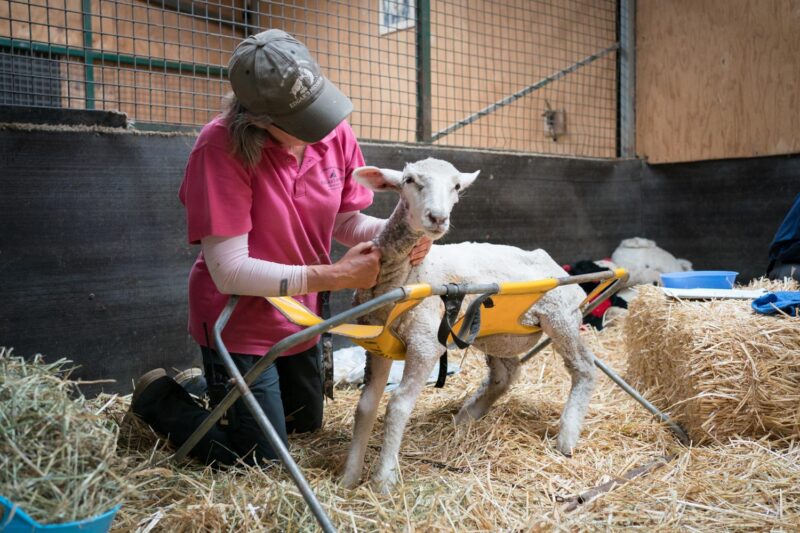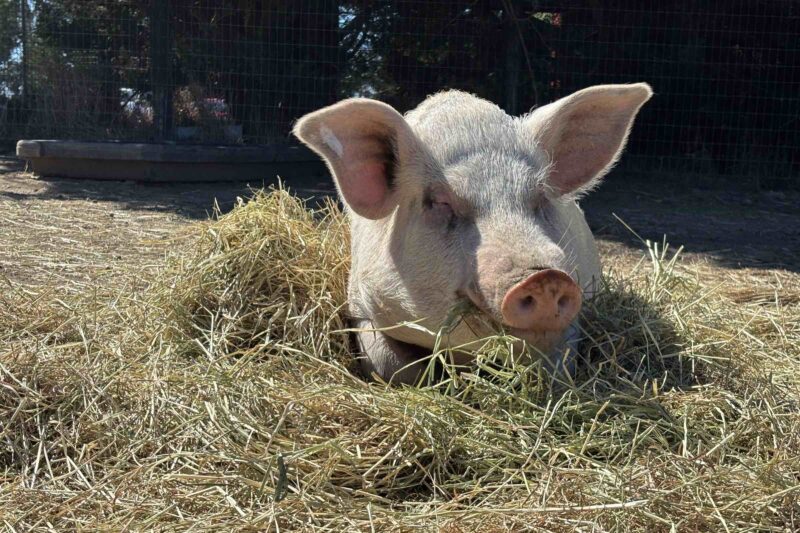
Do something
The year was 1975 and the scene was the Victorian Football League Grand Final between Hawthorn and North Melbourne. The Hawks were down at half time, 5.6 to North’s 9.2. While Hawks coach, John Kennedy Senior’s now famous motivational half time speech failed to rally his troops, it has served as a call to action for people everywhere, “At least DO SOMETHING! DO! Don’t think, don’t hope, do! At least you can come off and say, ‘I did this, I shepherded, and I played on. At least I did something.’”
Though, at 13 years of age, I was no great football fan, I decided that ‘doing something’ was certainly worthwhile. But what to do? I couldn’t even decide on which football team to follow so I ended up following Collingwood, only because it was Dad’s favourite team.
In fact, at school there were only two sorts of people; those who barracked for Collingwood and those who didn’t, because this was what our parents did. When I asked my Dad why Collingwood had stolen his heart he said because his dad followed Collingwood also. It seemed logical at the time. Or did it?
When I reflect back on this now, such views are pretty symptomatic of so many of the views we hold in life. They are not really our views or thoughts but those we have collected and inherited from others and have never really thought that much about.
And when the realisation that, ‘Carn the pies,’ wasn’t what filled my heart and football wasn’t what filled my dreams, I began a journey that saw many of my childhood views undergo great change and this journey has guided me to what I ‘do’ today.
But why is it that so much of what we not only do, but what we say, think and even eat is based not on our own values or beliefs but rather those we have inherited from others? Granted, much of this is due to our reliance as youngsters on our parents and caregivers, but the advancing of our years and the severing of our dependence all too rarely sees popular thought confronted with individual ethical values.
Many ‘pings’ of conscience are sadly often placated by thought of, ‘Well, everyone else is doing it.’
It was the noted author and futurist Alvin Toffler, who stated; ‘The illiterate of the 21st century will not be those who cannot read and write, but those who cannot learn, unlearn, and relearn’ and to which I would like to add, ‘To heed what’s in their heart and decide to do something.’









